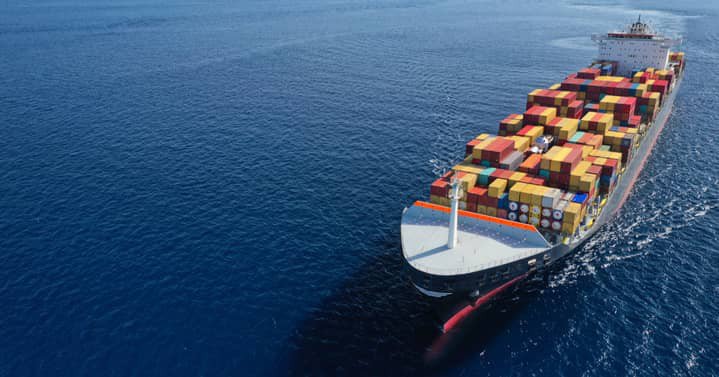
The decision to ship by full container load (FCL) or less-than-container load (LCL) is a top priority among today’s retailers and global trade partners. And the importance of FCL vs LCL shipping decisions has never been higher. Without a close eye on total costs, the state of ocean transport will push landed costs well beyond reach. Further, avoiding the ocean isn’t a practical solution due to the volume of goods shipped by this mode. As noted by Marine Insight,“When one thinks of shipping cargo by sea it immediately brings up pictures of gigantic freight cranes lifting containers onto giant freight carriers that traverse the seas connecting different ports of the world. An estimated 85% of global trade is carried out by sea freight.” To help shippers understand the differences between FCL and LCL shipping, this infographic will explore their basic definitions and when to ship FCL vs LCL.
Defining FCL vs. LCL Shipping
Before trying to make a decision, it’s important for shippers to have a basic understanding of both FCL and LCL shipping.
Full Container Load
A full container load is simply the ability to ship a container at its maximum capacity. In this form of ocean transport, a shipper leverages as much space as possible and can plan the delivery of their full container to the destination.
Less-Than-Container Load
As explained by Trade Finance Global, less-than-container loads are best suited when a shipper “does not have enough product for a full container; so he will book a cargo that allows him to load his goods alongside product from other shippers. In this case, each shipment is separated upon final shipment when delivered to their final destination.”
|
Full Container Load (FCL) |
Less-Than-Container-Load (LCL) |
|
Best for high-volume loads |
Best for low-volume loads |
|
Allows for a lower per-item shipping cost |
Allows for a lower per-item shipping cost when consolidated with other shippers’ goods |
|
Fixed importing fees and trust that current import documentation is accurate to the best of your ability |
Some additional importing fees or risk of inspection if one shipper’s import documentation is off |
|
Lower risk of damage or lost freight |
Risk of damage during handling, consolidation and loading |
|
Complete control over the types of goods shipped in the container |
Shipping with multiple other types of freight, such as corrosive materials or liquid goods |
Qualities of LCL vs. FCL Freight
Choosing to ship FCL or LCL often comes down to the qualities associated with each type and how that can benefit your supply chain. For instance, consider these added qualities.
|
Full Container Load (FCL) |
Less-Than-Container-Load (LCL) |
|
Increased security by ensuring your sole access to a containe |
Others working within your container |
|
Best for urgent shipping needs |
Requires more time to process |
|
Ideal for single destination transportation |
May require multiple stops |
|
Best when volume is more than 13m2 |
Best for shipments between 2 & 13m2 |
Selecting between FCL and LCL shipping also yields several core benefits for shippers that can leverage both based on the above qualities and differences. These include:
Benefits of Balancing FCL vs. LCL
- Improved throughput in the network
- Better lead time planning for FCL vs. LCL shipping
- Reduced confusion over customs requirements
- Greater access to capacity in FCL or LCL, depending on demand
How to Choose Between the Two Ocean Transport Forms
FCL vs. LCL container options can be confusing at times, but it’s helpful to keep a few points in mind when selecting a container type, including:
- Consider the type of freight.
- Think about trade finance limitations and opportunities.
- Review LCL volume rates and FCL flat rates
- Ensure complete, error-free documentation.
- Think about equipment needs for loading multiple shipments into a container versus moving a whole container.
- Evaluate destinations and demands for speed of shipping.
Choose the Right Partner in Ocean Freight to Secure Capacity Regardless of Type
Ocean FCL vs LCL shipping needs change over time, and your existing strategy for container procurement may fall short as rates fluctuate. Rather than going with FCL or LCL all the time, it’s best to carefully consider the unique needs of each shipment and make a decision based on the sum of all information, ranging from rates through nuances of each. Connect with FreightMango to get started today.





 Get instant quote
and compare offers in real time
Get instant quote
and compare offers in real time